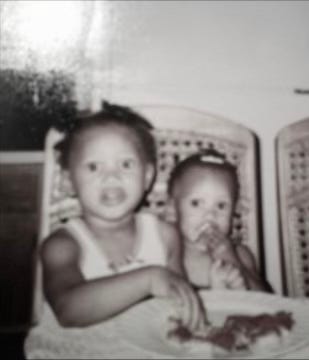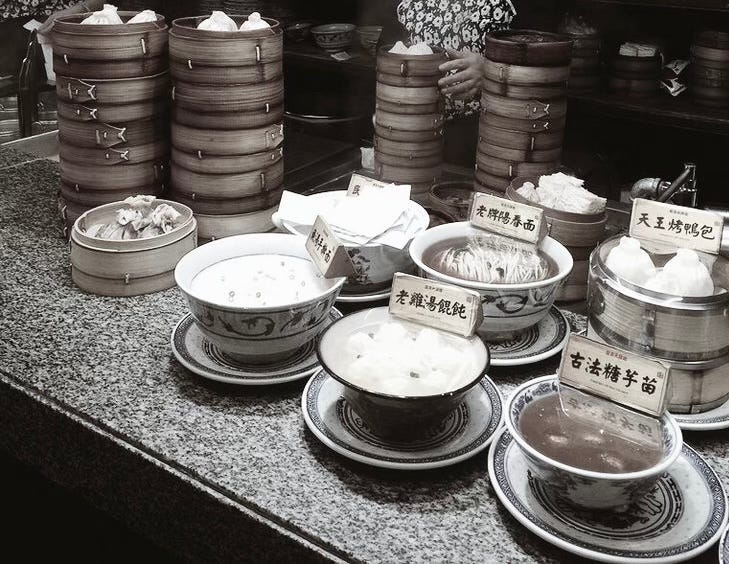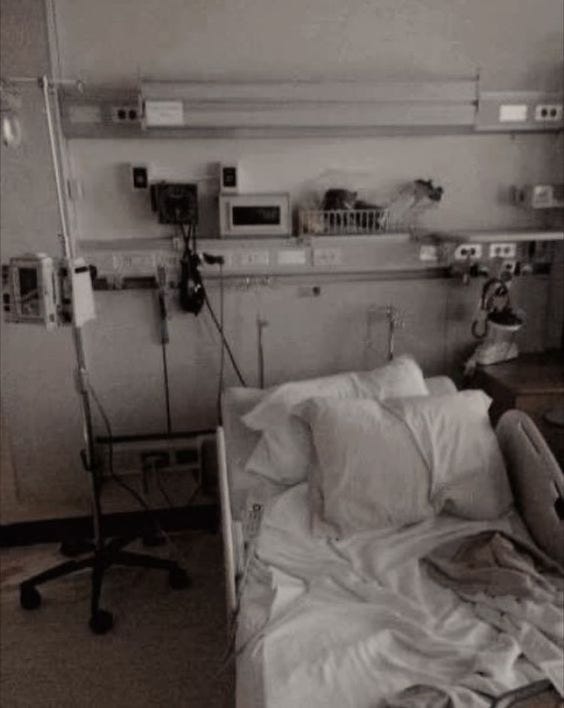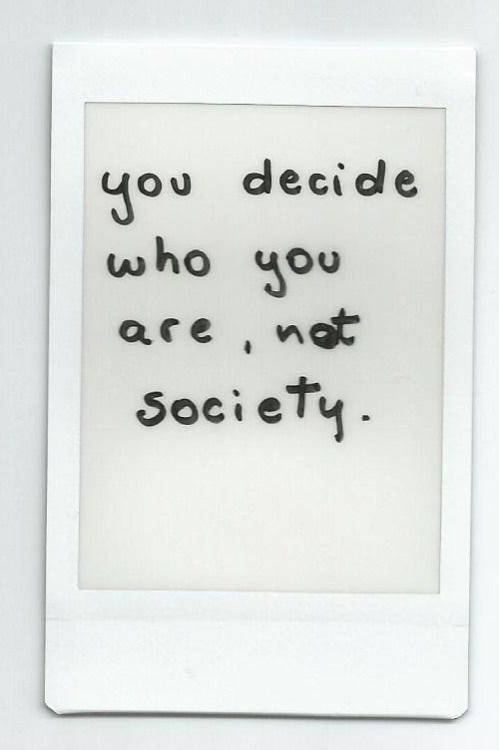What It Means to Be Black, Poor, and Still Dreaming
It was the way I wrote, to feel free.
It was..
The time, on my grandaddy's farm, when I fell out of a tree, I screamed, and I hurled, only for no one to be there. The loneliness I felt after school, sitting on the hot cement watching as the hours dwindled by in hopes that momma would cruise by in her Oldsmobile to save me, my backpack draped over my shoulder too big for me. It was the sweat napping the back of my chemically straight hair, I'd get so angry when the curls immersed. It was the large Texas fields filled with amber-green and blue skies, my skin honey suckled and burnt, as I hung from the side of the monkey bars, so out of sight, no one could find me. It was the same loneliness I felt on all the playgrounds I fought daily on as a child. Over the years, I curled up in a ball, pretending the kicks from the older boys didn't hurt because, after a while, they didn't. It was the time I fell asleep in church to find my mother's nails in my arm. It was the time my stepfather beat me because he had to leave work early when I was sick; the next day, my back and legs covered in welches.
Over the years, I wanted to rebel against the violence, but I couldn't. The envy I felt for those who did. The kids I disdained complained about their parents, yet their bellies were full and round; mine empty and flat. The school lunches I looked forward to, the factory-made nacho cheese oozing the back of my throat, curving my hunger. The time I walked around our motel dumpster scrapping up coins for the one-dollar white rice at Canton Express that I covered in soy sauce and chili oil.
It was that same seemingly quiet storm that I suppressed repeatedly that I would carry throughout my adolescence and into my late 20s. All the years, I tried avoiding it. It was the way I had a way of making other people laugh, how great I was at listening to their emotions, yet never showing the war at home. How I entertained myself with museums and people to escape what I had always felt; what I had felt was, alone… unfinished and unwanted. It was the same loneliness that climbed and clung to every corner of any room I was in. It was the same terror and horror that crawled into my bed with me. It was tucked underneath the sheets with me, cuddled up against my chest, with all the self-loathing as if I were making love to it.
It was…
The fleeing feeling I felt when my fiancé told me he loved me for the very first time, after one month of dating. How I wanted so badly to run away, his eyes agape, his face flushes pink; he had said it accidentally. How we rode in silence all the way home, How I turned away in utter disbelief that someone could love me without conditions and violence. The shame I felt, knowing that I had loved him from the very first moment he had spoken to me. I didn't want him to feel the war I had felt, the sadness, the madness, and everything else.
It was the same fleeing I had felt when my first book became a bestseller, the shock I felt when I realized that people cared about what I had to say.
"Janell, I loved it, they'd say."
I'd nod my head and look away in disdain. Truth be told, I hated everything I wrote in my first book. What I wrote wasn't the things that I really wanted to say. I watered it down; I diluted it. I despised myself for being so unsure of what kind of writer I should be.
Most importantly, I hated myself for being so good at pretending. No one had ever really known the real me without the performance. I believe I hated my first book and everything I wrote in it because I hated who I was back then; I had written stories about love, sadness, and sorrow, only to toss them out or rewrite them at least a hundred times over. I thought, who would want to read this; water it down make it digestible.
It was…
The years, I'd spend convincing myself that I wasn't worthy of my dreams, that being black and poor concluded one answer, the logical one. The years I'd spend going viral for superficial date nights because it was easier showing what I had as opposed to how I felt. What I had felt then was confounded and trapped. How could I convey the quiet storm inside of me? The one that didn't include parents or family. The part of me that was wounded beyond belief.
Somewhere at the very bottom of myself, I knew that the only way to escape the infested reality of being black and poor was to imagine a world where it didn't exist. Imagination was the only way for me to live a life without violence. Words were the only way for me to purge the imprisonment of my own body. And from that, Writing was the only freeing thing I had.
It was in the front seat of momma’s car, my journal spiraling at the seams, when momma couldn't find a place for us to stay sometimes at night, I'm on my 12th page, my third finger, covered in black and blue ink, my hands cramping up, but I cannot stop; I must write to keep from crying, to keep from thinking, most importantly I must write to feel free.
The one year, I went to 3 different schools; how I scribbled on my assignments, writing about imaging who my real father was, because I had already known that by this time next month, I'd be at a different school with even more white faces. I wrote, to adapt to the world I seemingly had no place in. I had hoped that he would come in to save me.
It was when I read, Baldwin, Morrison, and hooks; that I learned feelings must be felt, in order to achieve radical freedom. For me at least, that meant that I had no control over the inevitability of my life. And that the fraction of the war I felt was the embodiment of the poor black American experience despite living in the Land of the Free.
It was when I found myself in a hospital bed, with a needle in my arm and a morphine button, that my doctors told me to push as much as I needed. I was banged up from a car accident, my eyes, blurred, my lips chapped, and I couldn't form a sentence – no paper, no book, no fingers covered in blue and black... no place to rage, no place to feel free.
Underneath those cold fluorescent lights, I began to wonder about all the little girls and boys who had succumbed to this same somber. How fearful they must've felt, just as I always have, of the war. How confrontational it is, to wake up and realize you have no idea who you are or were to begin. How, Self-acceptance has never been a movement; but assimilation is.
It was when I went away to college that I began to change. Writing became the thing I came home to; I wrote when I was staggered and uneasy; I wrote when I lived in full flight. I wrote so I could rage, to feel free. It was when I realized the only person, I needed to write to; was ME. The only way to write for myself was to live for myself. To live you must understand the war, and to understand the war, you must understand the people who also are in it with you.
This is "To All the People," with Janell Roberts, a collection of essays and poems for insufferable thinkers, writers, and readers like me.
Welcome home.








I'm here after watching your latest YouTube video. This is raw, relatable and so roaringly sharp. I get you! Keep conveying, never stop.
Thank you for your vulnerability 💗 you write for people like me too